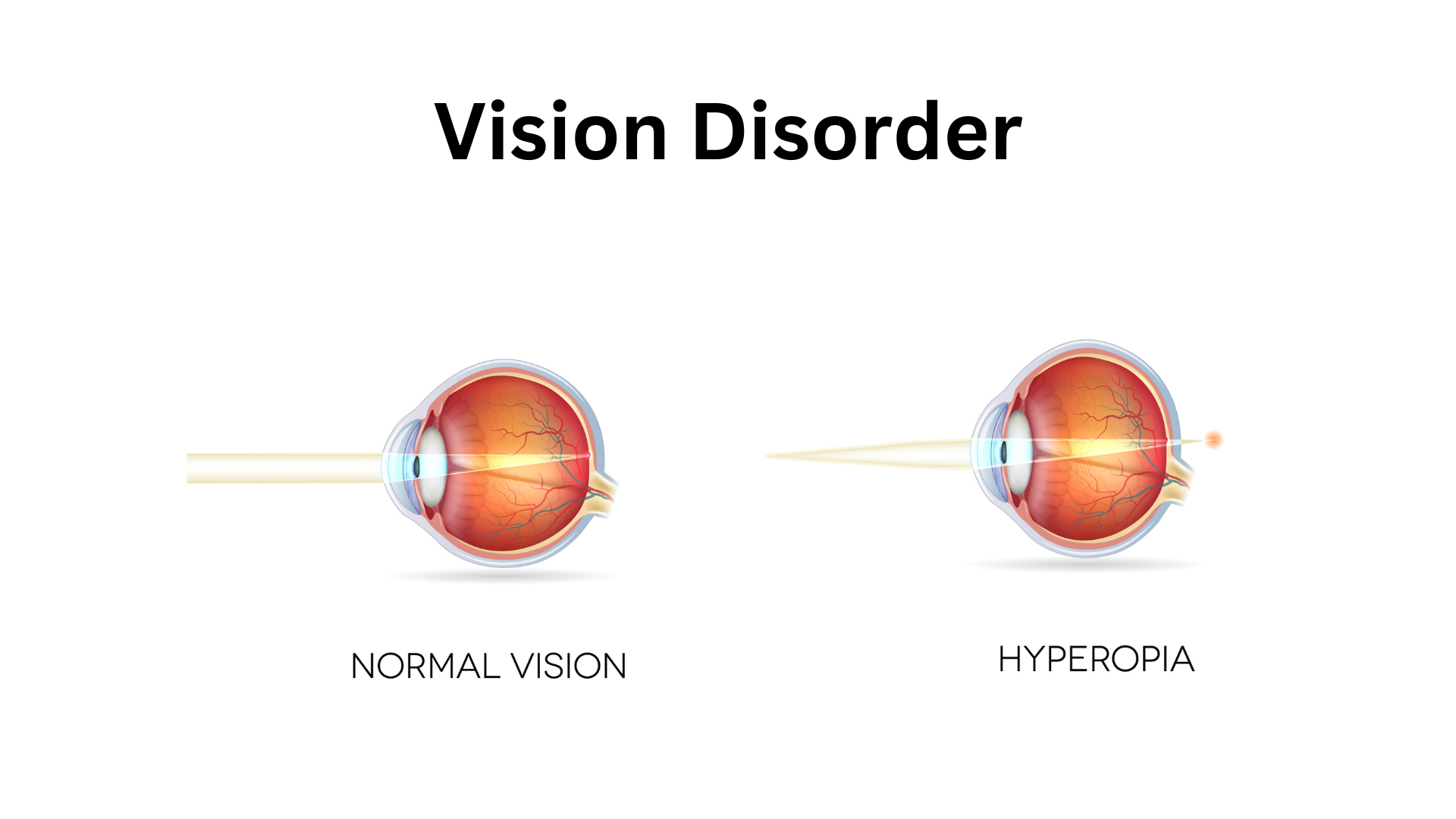
What Is Hyperopia & How Can It Be Fixed?
The Shocking Truth About LASIK & Farsightedness (Hyperopia)!
Fed up with squinting at your phone or tired of your glasses fogging up and slipping down your nose? If hyperopia is blurring your world, LASIK surgery could be your ticket to improve your vision – without the annoyance of glasses or contacts. Imagine waking up every morning and seeing every detail, near and far. Let’s dive into farsightedness, exploring how it works and what you need to know before you start your LASIK journey.
What Is Farsightedness?
There are two parts of the eye that are responsible for focusing: the cornea (the transparent surface of your eye) and the lens (the clear, lentil-shaped part that sits right behind your iris) which changes shape as your eye focus on a subject. Both the cornea and the lens work together to refract (bend) the light entering the eye. The retina, positioned in the back of your eye, is responsible for receiving visual information and then sending it to your optic nerve where it is then carried to your brain.
A normal, curved lens/cornea is what allows you to see things up close and far away perfectly. However, if your cornea has a slightly different shape, your eye won’t focus like they should, causing a refractive error. This happens when your cornea is too flat or your eye is “too short”- both of which prevents light from focusing on your retina.

There are two types of farsightedness:
Hyperopia: the type of farsightedness you’re born with- where the cornea is too flat or the eyeball is too short.
Presbyopia: the type of farsightedness that effects a person as they age, also referred to as “aging eyes.”
This is a common issue. In fact, farsightedness affects almost 10% of Americans, and if you’re over the age of 65 you have about a 50% chance of experiencing this. So what causes someone to experience this refractive error?
What Causes Farsightedness?
It’s hard to know exactly what causes farsightedness, but we do know that it’s possible to be born with this condition, and just have it not affect you until you’re older. Experts also believe that farsightedness might be hereditary, so it can be passed down from parents to children. In rare cases, farsightedness may be the result of diabetes, a tumor or fovea hypoplasia (macular hypoplasia), which is a rare medical condition having to do with the underdevelopment of the macula.
Symptoms of Farsightedness
Not everyone with farsightedness experiences vision problems. However, if your eye muscles strain to compensate for the focusing error, you might encounter symptoms like blurry vision close-up, eye aches, general eyestrain, headaches (especially during reading), and involuntary squinting for better clarity. Pay attention to these signs, as early diagnosis and treatment can alleviate discomfort and optimize your vision potential.
How to Diagnose Farsightedness
Once you realize that you might be farsighted, it’s time to see an ophthalmologist who can determine the degree of farsightedness and what the best treatment options are. Farsightedness can be easily diagnosed with a few simple and pain-free tests which include a refraction assessment and an eye health exam.
For the eye exam, your eyes will be dilated which allows your doctor to get a better (wider) view of your pupils. This might make your eyes slightly sensitive to light, but they’ll return to normal a few hours after your visit. Your eye doctor will also have you read a chart from across the room, and might test your vision up-close as well. If these tests show farsightedness, they’ll use a device called a retinoscope to check how the light is reflecting off of your retina.
If the results show that you are farsighted, your doctor will make a recommendation for treating the refractive error and will help you determine which option is best for your specific needs and lifestyle.
Are You Curious About Your Eligibility For LASIK?

Find Out If You’re The Right Candidate For LASIK
Don’t let blurry vision hold you back any longer. While most Americans are safe candidates for LASIK eye surgery and millions of people enjoying the miracle of the work we have been doing for decades since the procedure was first approved by the FDA, your safety is the #1 priority of our team of LASIK physicians and eye care professionals.
Your vision is very important to us and we want to make sure you have the information you need. Start your journey to better vision by scheduling a free LASIK consultation today! Find a Lasik Vision Institute location near you!